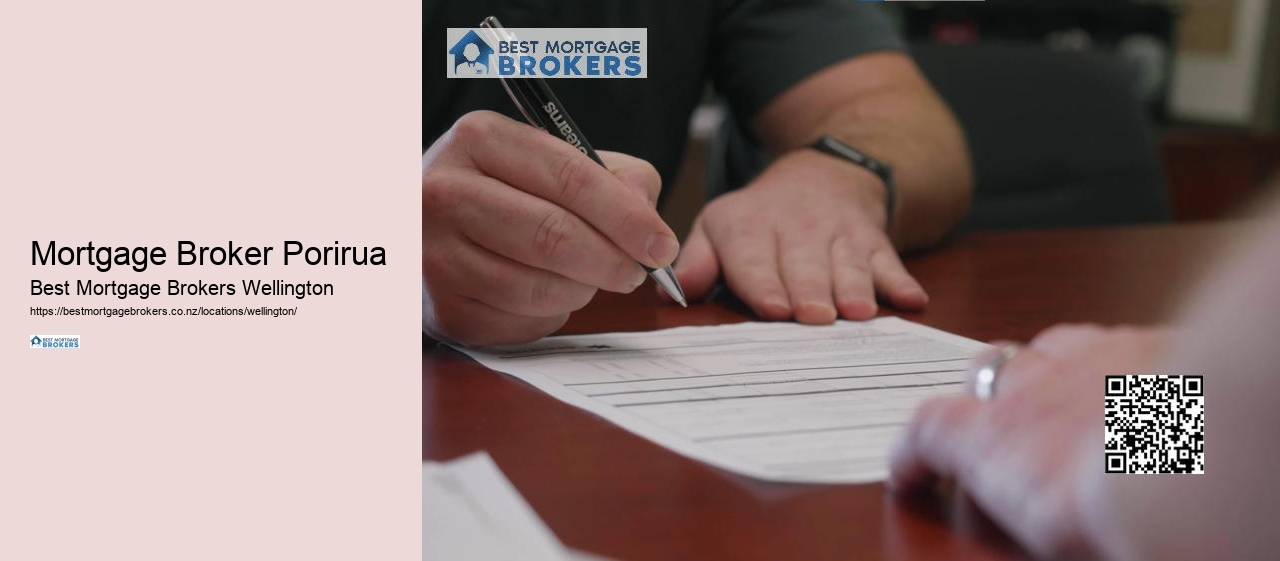

Getting a mortgage can be a difficult task for those who are looking to improve their credit score.
A knowledgeable mortgage broker will help you to explore all options and find the best solution for your financial situation. You can improve the chances of obtaining a home mortgage by proactively dealing with credit issues. Understanding the importance of budgeting will help you achieve financial readiness to become a homeowner.
You can create a budget to track your income and expenditures, identify cost-saving opportunities, and allocate money towards saving goals and debt repayment. In addition to helping you meet your financial obligations, a carefully-planned budget shows mortgage lenders how you will be able to pay on time.
A budget is also a great way to avoid debt accumulation, overspending or falling behind with payments. Moreover, budgeting allows you to save for a down payment, closing costs, and other homeownership expenses, putting you in a better position to secure a mortgage with favorable terms.
When choosing a mortgage, it's crucial to consider the various term options available.
The most common mortgage terms are 15, 20 and 30 years. However, there are also options. Each term length has its pros and cons, so it's essential to choose one that aligns with your financial goals and circumstances.
However, you will pay off the loan faster, and ultimately save on interest. On the other side, a long mortgage term like 30 years offers lower monthly payment but will result in higher interest over the lifetime of the loan.
Some lenders will also allow you the option to customize the length of your mortgage. This allows you to choose an amount that is in between two standard options.
Consider consulting a mortgage expert to determine which term is best for you.


The downpayment is the amount you pay in advance towards the purchase of your home. Typically, the larger the down payment, the lower your loan amount will be. This can lead to lower monthly payments and reduced interest costs over the life of the loan.
In most cases, private mortgage insurance (PMI) is required by conventional loans where the down payment does not exceed 20%. You can save thousands in insurance costs by making a large down payment.
Your financial goals and the amount of your downpayment must be balanced.
The appraisals provide a fair estimate of the value of your home, which can influence the amount you are able to borrow. Appraisals by licensed professionals are based on factors such as location, size, conditions, and sales comparables in the area. The appraiser will inspect the property and assess its features. refinance
It also needs to show off any recent upgrades. Although you can't directly influence the appraisal value, presenting your home in the best possible light will positively affect the outcome.
This ratio influences the interest rate, the amount of the loan, and the need for private mortgage coverage. Understanding the appraisal process will help you to navigate the mortgage application confidently.
Closing Costs are the expenses and fees that you pay for your mortgage. These fees can include attorney fees, title fees, appraiser fees, loan origination costs, etc.

It is important to understand these costs because they can affect the amount of money you will need to buy your new house. Mortgage advisors stress the importance of budgeting closing costs as early as possible in the process of buying a home. Understanding these costs in advance will help you avoid last-minute surprises, and make the closing process more efficient. property financing
You can plan better and make more informed decisions if you have this transparency. Being aware of these costs also allows you to negotiate lower fees with lenders.
Closing costs are an important part of the home buying process. Seeking legal advice is crucial when navigating the complexities of the mortgage process.
A legal advisor can review the terms and conditions of the mortgage contract, ensuring that you fully understand your rights and obligations before signing any documents. They can identify potential risks and loopholes, which could exist in your agreement.
This will protect you from future legal issues. A legal expert can also be very helpful in resolving any discrepancies or disputes that may occur during the mortgage process. A legal professional can assist you in negotiating with lenders or any other parties involved, protecting your interests at all times.
By seeking legal guidance early in the process, you can avoid costly mistakes and potential legal challenges down the line.

Mortgage rates can vary and change frequently. For the most up-to-date information on current rates, it's recommended to consult with your mortgage broker or check reliable financial news sources.
Yes, in many cases, mortgage brokers can secure competitive rates from a variety of lenders. The diverse network of lenders they work with allows them to find the best rate that suits your specific financial situation and needs.
While brokers may charge fees, many operate on a commission basis, receiving payment from lenders. Best Mortgage Brokers ensures transparency in fee structures, allowing you to choose a broker that aligns with your preferences.
Broker commissions can vary, but it's common for brokers to take a percentage of the loan amount as their commission. The exact percentage can depend on factors like the type of mortgage and the agreement between the broker and the lender.
A dishonest mortgage broker may provide false information, conceal fees, or act against your best interests. Best Mortgage Brokers ensures transparency and selects brokers based on reputation and ethical practices.